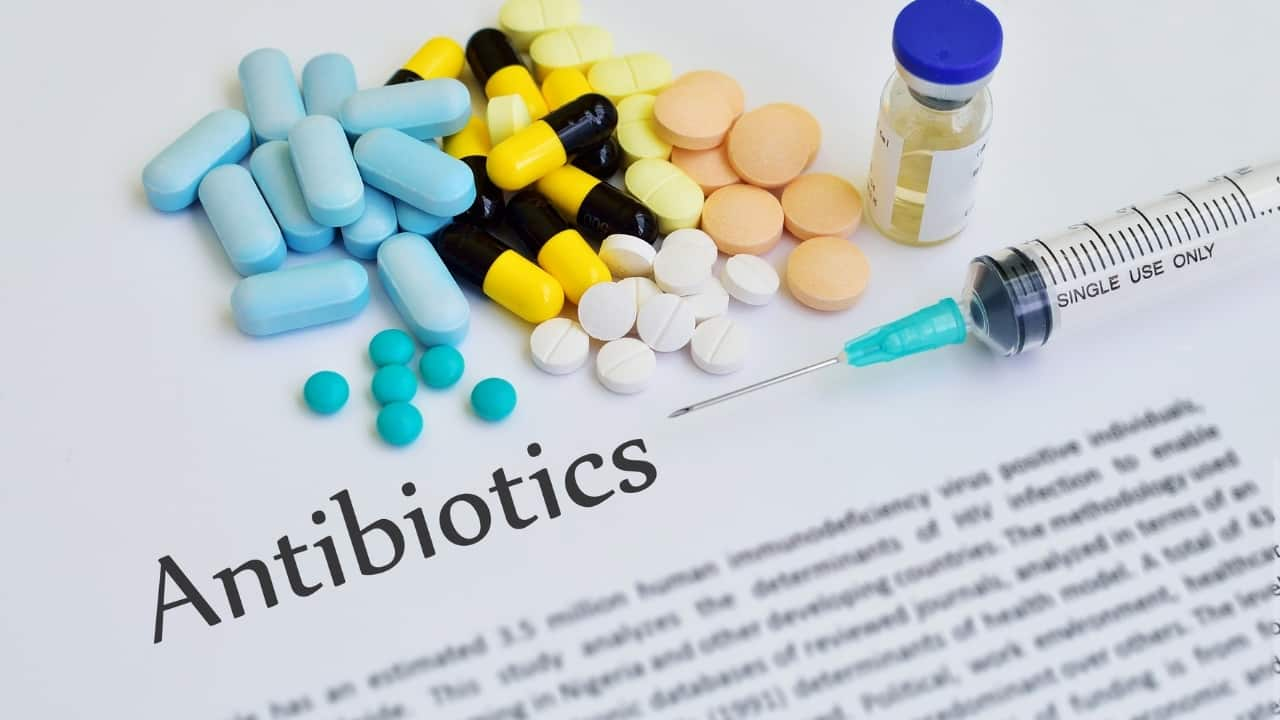Antibiotic Overuse: Are We Jeopardizing Future Health?

For decades, antibiotics have been hailed as miracle drugs, capable of vanquishing bacterial infections and saving countless lives. However, a growing concern is emerging: our widespread and often unnecessary use of these powerful medications is breeding antibiotic resistance – a silent threat that could cripple our ability to fight infections in the future. This isn't a distant problem; it's happening now, and experts are urging a significant shift in how we approach antibiotic prescriptions and usage.
The Rise of Antibiotic Resistance
Antibiotic resistance occurs when bacteria evolve to withstand the effects of antibiotics. Every time an antibiotic is used, it kills susceptible bacteria, but it can also inadvertently select for bacteria that possess genes making them resistant. These resistant bacteria then multiply and spread, making infections increasingly difficult – and sometimes impossible – to treat. What was once a minor infection could become a life-threatening crisis.
Why the Overuse?
Several factors contribute to the overuse of antibiotics. Patient demand for quick fixes, often driven by misconceptions about what antibiotics can treat (they are ineffective against viral infections like the common cold or flu), plays a role. In some cases, prescribing practices may be influenced by pressure to satisfy patients. Furthermore, the widespread use of antibiotics in agriculture, particularly in livestock, contributes significantly to the problem, as resistant bacteria can transfer from animals to humans.
The Consequences are Serious
The implications of widespread antibiotic resistance are profound. We risk returning to a pre-antibiotic era where common infections like pneumonia, sepsis, and even urinary tract infections become untreatable. Routine surgeries and medical procedures, which rely on antibiotics to prevent infection, could become far more dangerous. The cost of treating resistant infections is also significantly higher, placing a strain on healthcare systems.
What Can Be Done?
Addressing this crisis requires a multi-pronged approach:
- Responsible Prescribing: Doctors need to prescribe antibiotics only when they are truly necessary, based on accurate diagnoses and microbiological testing.
- Patient Education: Individuals need to understand that antibiotics are not a cure-all and should not be demanded for viral illnesses. Completing the full course of antibiotics, as prescribed, is crucial to prevent resistance.
- Improved Diagnostics: Rapid and accurate diagnostic tests can help distinguish between bacterial and viral infections, guiding appropriate treatment decisions.
- Agricultural Reform: Reducing antibiotic use in agriculture is essential to curb the spread of resistant bacteria.
- Research and Development: Investing in research to develop new antibiotics and alternative therapies is vital.
Protecting Our Future Health
The overuse of antibiotics is a ticking time bomb. By adopting responsible practices and raising awareness, we can collectively safeguard the effectiveness of these life-saving drugs for generations to come. It's a shared responsibility – from healthcare professionals to patients and policymakers – to ensure a future where infections remain treatable and our health isn't compromised by our past reliance on these powerful medications. The time to act is now, before it's too late.






